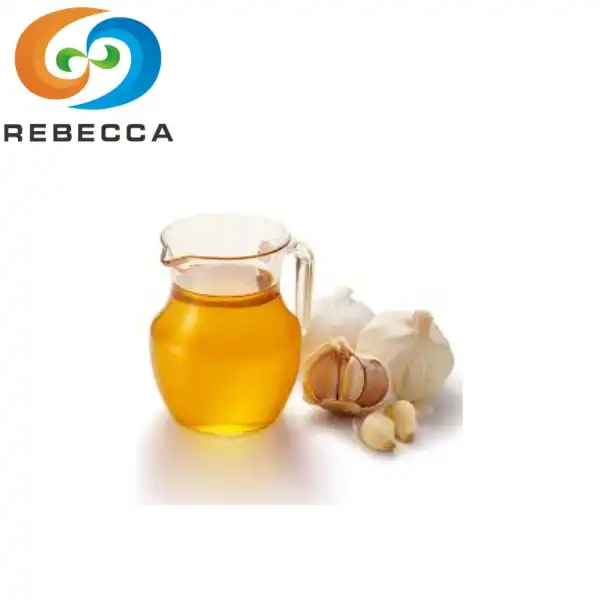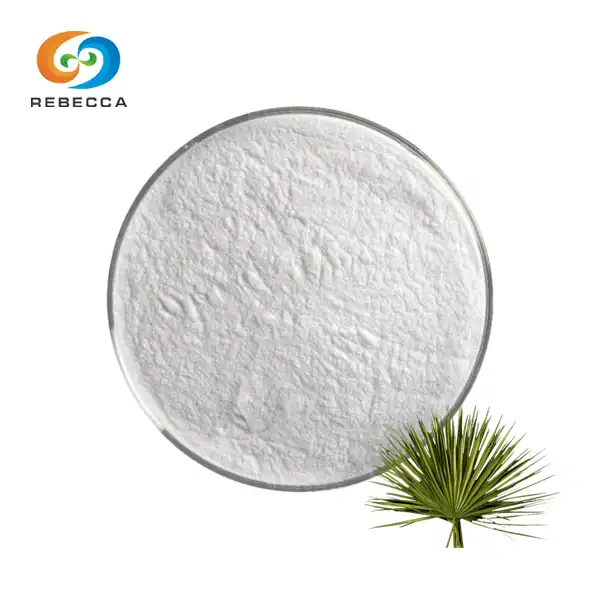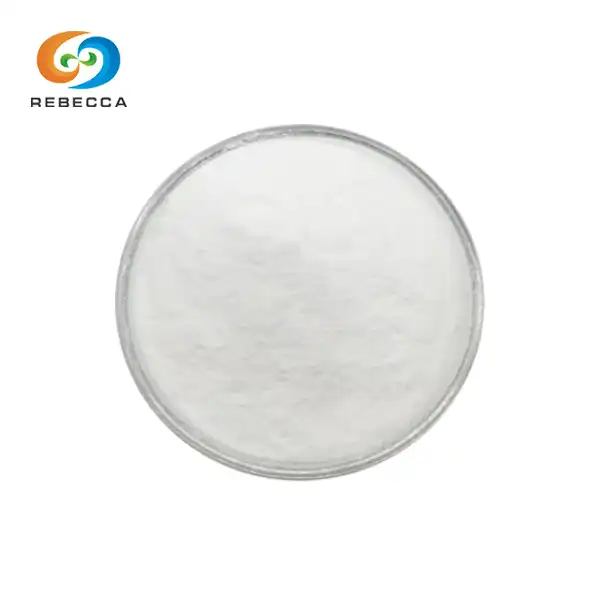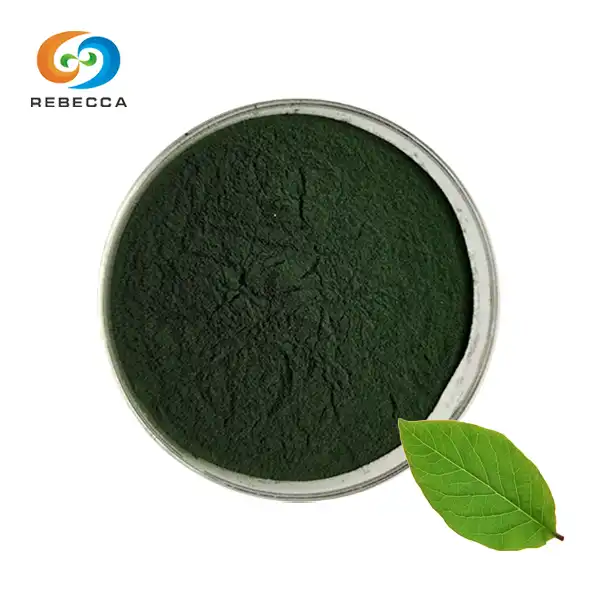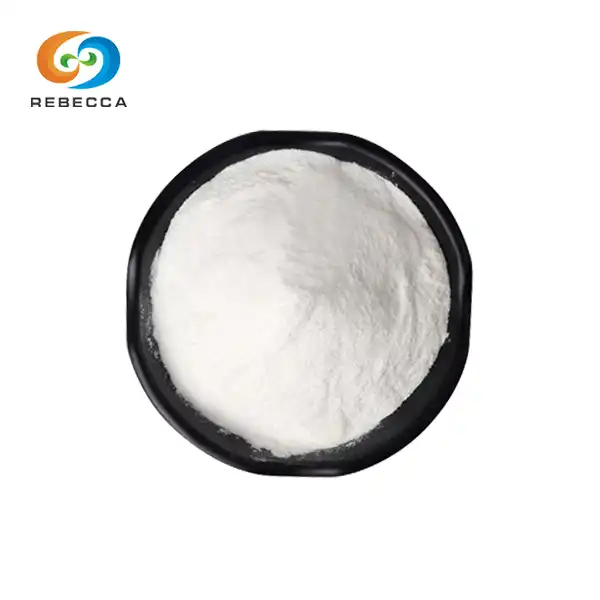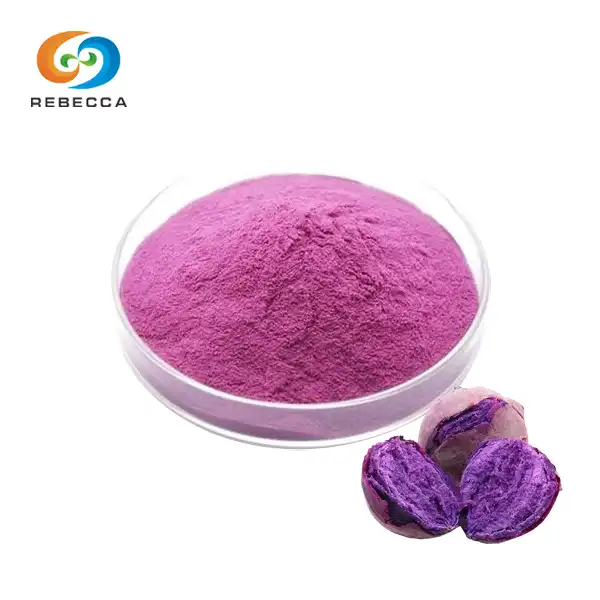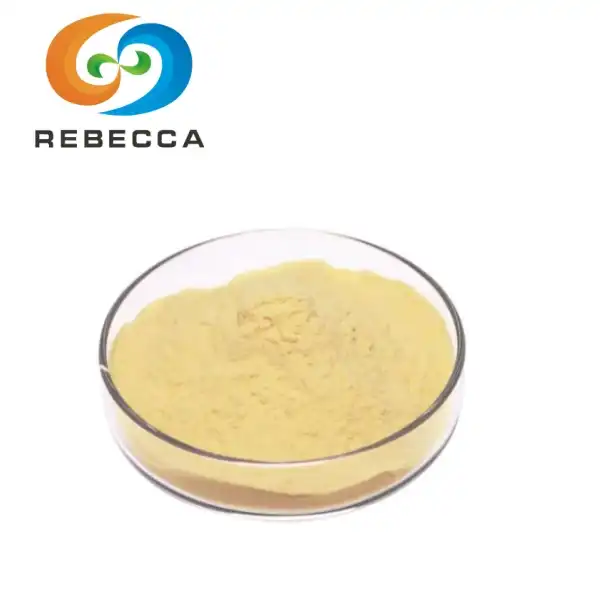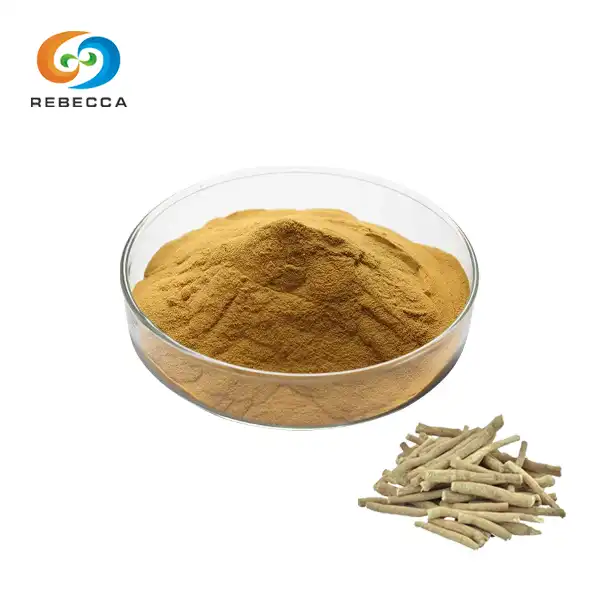How to make apple cider vinegar powder?
For centuries, apple cider vinegar has held a cherished place in both traditional medicine and culinary arts, celebrated for its remarkable health benefits and versatile applications. In our modern fast-paced world, where convenience meets tradition, apple cider vinegar powder has emerged as an innovative solution that addresses contemporary needs while preserving traditional benefits. This powdered form represents a significant advancement in food technology, offering enhanced storage stability and versatility without compromising the beneficial properties that have made apple cider vinegar a household staple.
As we delve into the fascinating world of apple cider vinegar powder production, we'll explore the careful balance of science and tradition that goes into creating this convenient alternative to liquid vinegar. Understanding this process not only helps appreciate the complexity behind its creation but also highlights why choosing the right manufacturer is crucial for quality assurance.
What ingredients are needed to make apple cider vinegar powder?
At the heart of apple cider vinegar powder production lies a carefully curated selection of ingredients, each playing a vital role in the final product's quality and effectiveness. The foundation begins with premium-quality apple cider vinegar, carefully selected for its optimal acetic acid content, balanced pH levels, and exceptional purity. This base ingredient undergoes rigorous testing to ensure it meets the stringent standards required for powder conversion.
Beyond the primary vinegar component, the transformation process requires specialized carriers and drying agents that fundamentally shape the powder's characteristics. Maltodextrin, a commonly used carrier, serves as the backbone of the powder structure, providing essential stability and ensuring smooth flowability. Working in harmony with maltodextrin, silicon dioxide acts as a crucial anti-caking agent, preventing the powder from clumping and maintaining its free-flowing nature even during extended storage periods.
In the pursuit of product longevity, manufacturers often incorporate natural preservatives into their formulations. These carefully selected additions, such as ascorbic acid (Vitamin C) or other natural antioxidants, play a dual role – they extend the product's shelf life while safeguarding its beneficial compounds from degradation. The art lies in achieving the perfect balance of these ingredients, as their ratios significantly influence the final product's quality.
Quality control at this stage represents a critical checkpoint in the manufacturing process. Manufacturers must carefully monitor multiple parameters, including particle size distribution, moisture content, and hygroscopic properties. This comprehensive approach to ingredient selection and combination ensures that the final product not only meets technical specifications but also delivers the expected benefits to consumers.
What is the process of dehydrating apple cider vinegar?
The dehydration of apple cider vinegar represents a sophisticated process that combines technical precision with careful attention to preserving the vinegar's beneficial properties. This journey begins with a thorough preparation phase, where liquid apple cider vinegar undergoes initial quality assessments to verify its acetic acid concentration. The liquid must first pass through advanced filtration systems to eliminate any impurities or sediment that could compromise the final product's quality.
Once the vinegar passes these initial quality checks, it enters the crucial mixing phase. Here, the liquid vinegar is combined with carrier materials in precisely calculated ratios. This step requires specialized mixing equipment to ensure uniform distribution of all components. The consistency of this mixture is paramount, as it directly influences the powder's final characteristics and its ability to dissolve when reconstituted. The actual dehydration process employs a carefully orchestrated approach to moisture removal.
Modern facilities utilize advanced temperature control systems that maintain optimal conditions throughout the entire process. This precise temperature management is crucial, as it prevents the degradation of beneficial compounds while ensuring effective moisture removal. The process typically unfolds in multiple stages, with each phase carefully monitored to achieve the desired moisture content while preserving the vinegar's essential properties. Throughout the dehydration journey, quality control checkpoints are strategically positioned to monitor various critical parameters. Technicians regularly test moisture content, verify particle size distribution, and analyze chemical composition. These ongoing assessments ensure that the final product consistently meets or exceeds quality standards, providing consumers with a reliable and effective product.

What are the common methods of turning apple cider vinegar into powder?
The transformation of liquid apple cider vinegar into powder can be achieved through several sophisticated methods, each offering unique advantages and suited to different production requirements.
Spray drying stands as one of the most widely adopted techniques in industrial production. This method involves a fascinating process where the liquid vinegar mixture is transformed into a fine mist of droplets and exposed to precisely controlled hot air. The key to success lies in maintaining exact temperature and pressure conditions that preserve the vinegar's beneficial compounds while effectively removing moisture.
Freeze-drying, or lyophilization, offers an alternative approach that particularly excels in maintaining the original properties of the vinegar. This method begins by freezing the vinegar mixture and then removes the ice through a process called sublimation, which occurs under carefully controlled vacuum conditions. While this method typically carries higher production costs, it rewards manufacturers with a premium quality product that retains more of the original vinegar's nutritional profile and flavor characteristics.
Vacuum drying emerges as another valuable technique in the manufacturer's arsenal. This method operates at lower temperatures compared to conventional drying, making it particularly suitable for preserving heat-sensitive compounds. The reduced pressure environment allows for efficient moisture removal while minimizing the risk of thermal degradation, resulting in a high-quality powder with excellent solubility characteristics. The selection of the appropriate drying method involves careful consideration of multiple factors, including desired production volume, specific powder characteristics, and economic considerations.
Many modern facilities employ a hybrid approach, combining different methods to optimize both production efficiency and product quality. This flexibility allows manufacturers to adapt their processes to meet specific customer requirements while maintaining consistent quality standards. Post-production handling and packaging play equally crucial roles in maintaining product quality. The hygroscopic nature of the powder necessitates careful attention to packaging materials and storage conditions. Manufacturers employ specialized packaging solutions designed to protect the powder from moisture exposure, ensuring it maintains its free-flowing characteristics throughout its shelf life.

Rebecca Apple Cider Vinegar
In the competitive landscape of apple cider vinegar powder production, Rebecca Bio-Tech Company has distinguished itself through its unwavering commitment to quality and innovation. The company offers a comprehensive range of products with varying concentrations – 5%, 8%, and 10% – providing solutions that cater to diverse customer requirements and applications.
Their dedication to quality assurance is exemplified by their use of high-performance liquid chromatography (HPLC) for testing and quality control, setting a high standard in the industry. The company's quality control protocols encompass every aspect of production, from the initial selection of raw materials to the final packaging of the finished product.
Their state-of-the-art HPLC technology enables precise measurement of acetic acid content and other organic compounds, ensuring that each batch meets rigorous quality standards. This meticulous attention to detail has earned Rebecca Bio-Tech a reputation for reliability and consistency in the market. Their manufacturing facility represents the pinnacle of modern production technology, equipped with advanced processing systems and staffed by experienced technical professionals. These experts continuously monitor and adjust production parameters to maintain optimal conditions throughout the manufacturing process. This combination of advanced technology and human expertise ensures that every batch of powder meets the company's exacting standards for quality and consistency.
Rebecca Bio-Tech's commitment to advancement is reflected in their ongoing research and development initiatives. The company continuously explores new technologies and processes to enhance its products while maintaining its core focus on quality and safety. This forward-thinking approach positions them at the forefront of industry innovation. For customers interested in exploring Rebecca Bio-Tech's product range or discussing specific requirements, the company maintains an open line of communication through their dedicated email address: information@sxrebecca.com. Their technical team stands ready to provide detailed product specifications, arrange sample requests, or discuss customization options to meet specific application needs. The company's customer service representatives combine technical expertise with a customer-centric approach, ensuring that clients receive both the right product and the support they need to use it effectively.
References
1. Journal of Food Science and Technology (2023). "Modern Methods of Converting Liquid Vinegar to Powder Form"
2. International Journal of Food Processing Technology (2023). "Carrier Materials in Spray-Dried Food Products"
3. Food Chemistry (2022). "Quality Assessment of Powdered Vinegar Products Using HPLC Analysis"
4. Journal of Food Engineering (2023). "Comparative Study of Different Drying Methods for Vinegar Powder Production"
5. Food and Bioprocess Technology (2022). "Stability Studies of Powdered Vinegar Products"
